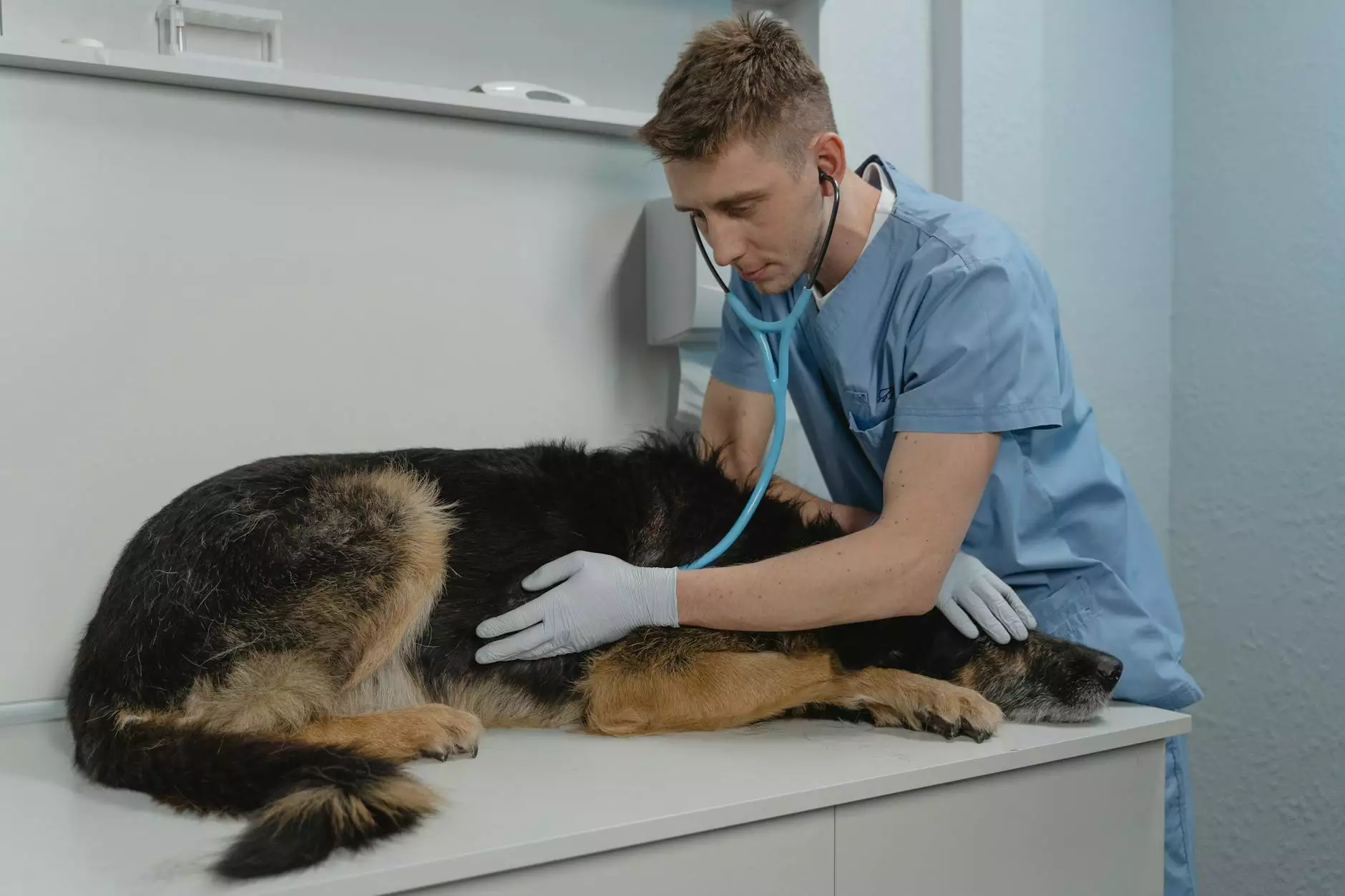PET/CT for Assessment of Lymphoma and Response to Treatment
Health Library
Introduction
Welcome to Furstenberg Michael Dr, where we specialize in utilizing advanced imaging techniques like PET/CT for the assessment of lymphoma and monitoring treatment response. Our dedicated team of healthcare professionals is committed to providing accurate diagnoses and personalized treatment plans, ensuring the best possible care for our patients.
Understanding Lymphoma
Lymphoma is a type of cancer that affects the lymphatic system, including the lymph nodes, spleen, thymus, and bone marrow. It occurs when abnormal white blood cells called lymphocytes grow uncontrollably, leading to the formation of tumors. There are two main types of lymphoma: Hodgkin lymphoma and non-Hodgkin lymphoma (NHL). Each type has different subtypes and requires tailored treatment approaches.
The Role of PET/CT in Lymphoma Assessment
PET/CT (Positron Emission Tomography/Computed Tomography) is a state-of-the-art imaging technique that combines functional (PET) and anatomical (CT) imaging. It provides detailed information about the metabolic activity and anatomical structures of the body, enabling a comprehensive assessment of lymphoma and its response to treatment.
The PET component of this imaging modality uses a small amount of radioactive glucose (tracer) to visualize the metabolic activity of cells. Cancer cells, including lymphoma cells, have higher metabolic rates compared to normal cells. By identifying areas of increased glucose uptake, PET can help detect the presence, extent, and location of lymphoma tumors.
The CT component of PET/CT simultaneously captures detailed cross-sectional images of the body. These images provide precise anatomical information and aid in the localization of abnormalities detected on PET scans. The fusion of PET and CT images provides a more comprehensive understanding of lymphoma, allowing for accurate staging, treatment planning, and monitoring of treatment response.
Benefits of PET/CT in Lymphoma Assessment
1. Accurate Disease Staging: PET/CT allows for precise staging of lymphoma, helping determine the extent of the disease and its spread to other organs or tissues. This information is crucial for developing an appropriate treatment strategy and predicting prognosis.
2. Early Detection: PET/CT can identify smaller lymphoma lesions that may not be detected by conventional imaging techniques alone, enabling early detection and intervention. Early detection increases treatment success rates and improves patient outcomes.
3. Treatment Response Monitoring: PET/CT scans performed during and after treatment provide valuable insights into the effectiveness of therapy. By comparing pre- and post-treatment scans, healthcare professionals can assess treatment response, modify treatment plans if necessary, and make informed decisions regarding further treatment options.
4. Personalized Treatment Planning: PET/CT results help tailor treatment plans to individual patients, considering the characteristics of their lymphoma and the specific areas affected. This personalized approach enhances treatment efficacy while minimizing unnecessary interventions.
The Expertise of Furstenberg Michael Dr
At Furstenberg Michael Dr, we have a team of highly skilled professionals experienced in performing and interpreting PET/CT scans for lymphoma evaluation. Our advanced technology, coupled with our expertise, ensures accurate diagnoses and effective treatment management for our patients.
Conclusion
If you or a loved one are battling lymphoma, Furstenberg Michael Dr offers an exceptional healthcare experience with our comprehensive PET/CT assessment services. Our dedication to accurate diagnosis, personalized treatment planning, and monitoring treatment response sets us apart. Contact us today to schedule an appointment and take an important step towards improved health and well-being.



